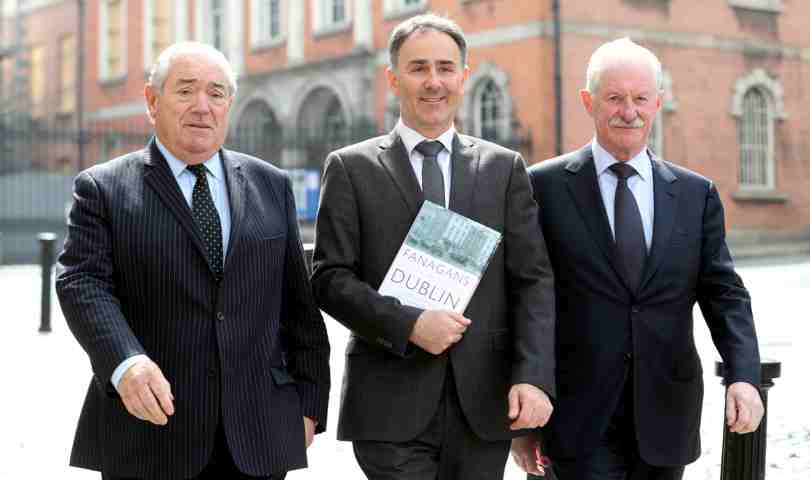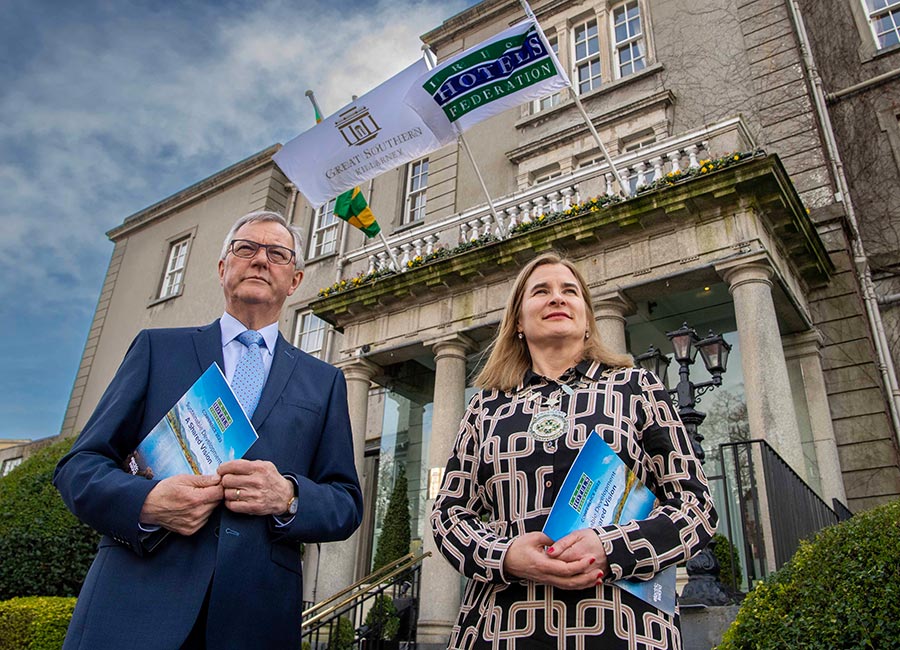Fanagans Funeral Directors has hit the two centuries mark this year, and to celebrate its bicentenary is publishing a history of the firm called Fanagans of Dublin: a 200-Year History at a launch at City Hall in Dublin.
The business was founded by John Fanagan in 1819 and is now run by the sixth and seventh generations of the family, who operate at 11 locations in the capital.
The book, written by Charlie McCarthy, Alan Fanagan and John Fanagan, looks back at the company's heritage and tradition gives an insight into how funerals and their associated customs have evolved during this period. It includes many images from the Fanagans archive.
There have been many changes in how funerals are carried out in the past 200 years — in particular over the last 15 years, according to Jody Fanagan. "One third of families now choose cremation. The majority of funerals now take place on the one day, with families opting for a gathering in their home or a funeral home the evening prior as opposed to a formal removal service. There has also been an increase in non-denominational and humanist services, a ‘celebration of life’ as opposed to a religious service.”
The business is not going under anytime soon, with turnover of €10m in 2017, the same as the year before. Grosss profit was €5.9m, and €5m of that surplus went on the payroll overhead. In 2017, eight directors shared €1.1m in pay and pension remuneration.
John Bowman commented: “The Irish in the nineteenth century had an obsessive preoccupation with death, which was often noted by contemporary travellers. But the rituals associated with death have been relatively neglected by Irish historians since.
“The Fanagan story is a micro study of one family business and the archive is likely to prompt further historical research on the Irish way of death. How did funerals in Dublin differ from those in rural Ireland? What was the impact of class? And of religion? And why was the opening of Glasnevin Cemetery such a transforming moment in Dublin’s history?”
Photo (l-r): Alan Fanagan, Jody Fanagan and David Fanagan. (Pix: Jason Clarke)












